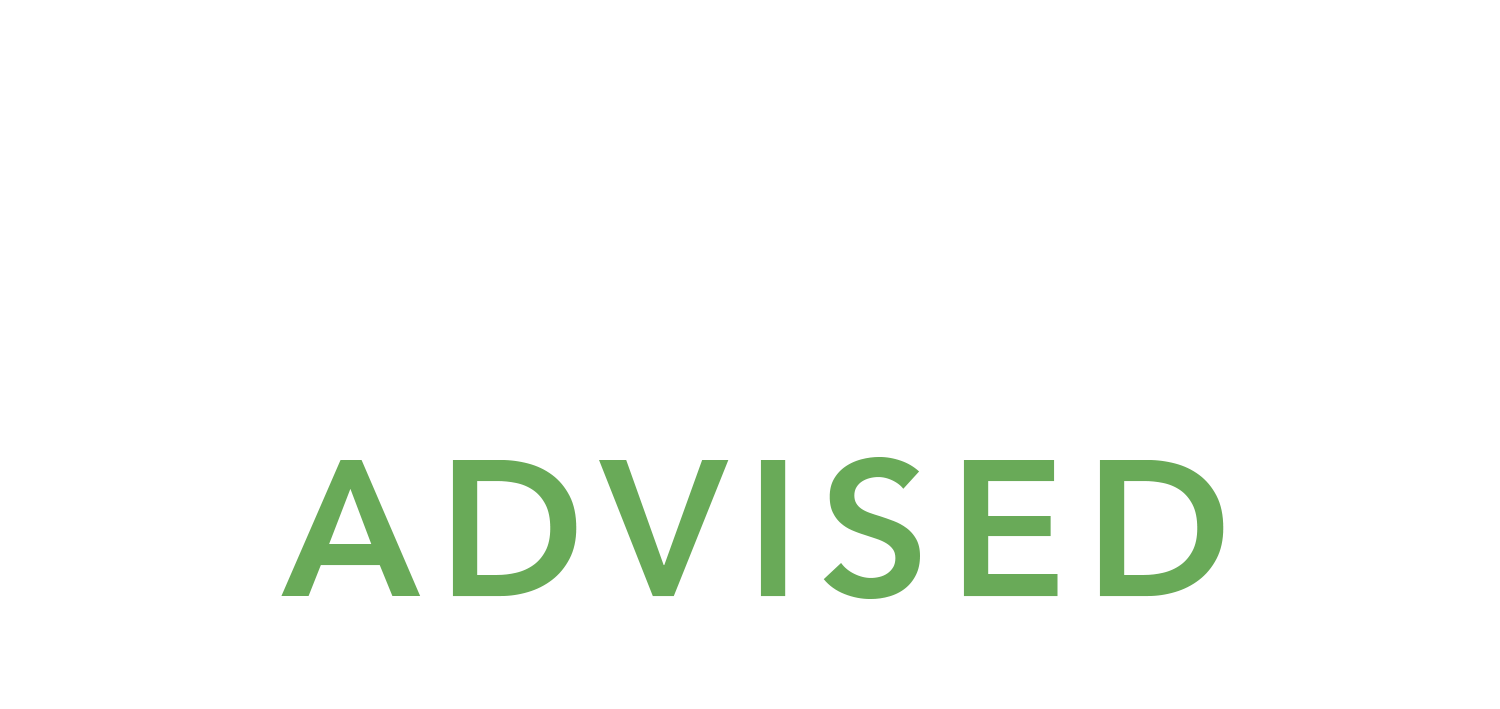Whether you’re leaving a job or retiring, you’re going through a period of change. In the midst of this shift in your life, it’s easy to put your finances on the back burner. However, there’s one key decision you need to make during this transition: what do you do with your 401(k) now that you’re leaving your current job?
Realistically, there are two typical options available to you, and each comes with its own unique set of pros and cons. They are:
- Keeping your funds in a 401(k) plan.
- Initiating a rollover where your 401(k) funds are “rolled over” into an Individual Retirement Account (IRA).
Let’s take a look at each option and explore what might work best for you – in both the short and the long term.
Keeping Your Funds in the Existing 401(k) Plan. This option is tempting because it’s easy to do. If you’re starting a new job with a new 401(k) plan available to you, you might be able to transfer your old 401(k) to your new employer’s plan. Alternatively, you can sometimes keep funds in a 401(k) plan after leaving an employer. However, it’s important to note that keeping your funds in a 401(k) plan may not be possible.
If You Are Changing Employers – Some employers do not allow you to transfer your previous employer’s 401(k) funds to your new plan at your new employer. Check with your employer to get an idea of what options are available to you.
If You Are Retiring – When you retire, you’re going to start tapping into those 401(k) funds you’ve spent so many years building. Some employers will let you keep your funds in their 401(k) plan. However, if you have less than $5,000 in the fund, your employer may require that you take the money out of the 401(k) plan when you leave.
Pros and Cons to Leaving Your Funds in a 401(k)
A 401(k) is often a convenient solution because there isn’t any guesswork that comes with it. You know where your funds are, and there’s little to no legwork on your part to just leave them where they are or move them to your new employer’s 401(k) plan. However, it’s important to note that while this is seemingly the easiest option available to you, it may not be in your best interest.
A typical 401(k) plan has somewhere between 10-14 investment options. If you’re happy with the investment options available to you in your 401(k) – that’s great! But honestly, given the infinite number of investment options out there, having access to only 10-14 of them is incredibly limiting.
Rolling Over Your Funds to an IRA
Your other option is to roll your 401(k) over into an IRA. An IRA, or Individual Retirement Account, is a slightly more flexible retirement vehicle. They offer a much wider range of investment options, and the ability to combine any number of mutual funds or ETFs. Every 401(k) plan is a little bit different, but the roll over process is likely less complicated than you think. In most cases, you can either transfer the funds in your 401(k) directly to a traditional IRA that you’ve opened in the past, or you can open a new IRA and transfer the funds there.
Pros and Cons of an IRA
IRAs do have a few rules regarding distributions that 401(k)s don’t share. For example, a 401(k) does not have an early withdrawal penalty if you need to take a distribution between ages 55-59 ½. An IRA has a 10% early withdrawal penalty. Remember, though, that this is defined by the age that you separate from your employer – not the age you start taking distributions.
However, overall, IRAs tend to be much more tax efficient when compared to 401(k)s, and they have infinitely more investment options to maximize your funds as you near retirement. Additionally, if you work with Wisely Advised on rolling your 401(k) to an IRA, you get the added benefit of a complete financial plan.
We firmly believe that no retirement strategy is complete without both investment management and financial planning. This means we help you build a tax efficient investment strategy, as well as a financial plan to increase your cash flow, avoid unnecessary risks, and grow toward your short and long term goals.
Speaking with A Professional Is Worth Your Time
Retirement planning may seem complicated. There are endless options available to you, and each has its own set of pros and cons to weigh against your unique financial situation. Working with a professional financial planning team can help to eliminate your concerns, answer your questions, and build your confidence in your financial strategy.
Most group retirement plans have 800 number for participants to call – and their team members on the other end of the line may or may not be actually helpful to you. At Wisely Advised, we believe in building personal connections with our clients – because you deserve to feel comfortable and confident when it comes to your retirement planning!
Tony Velasquez runs Wisely Advised, LLC a full-service Registered Investment Advisory Firm offering Financial Planning, Accounting and Investment Advisory services to individuals, families, and businesses.
